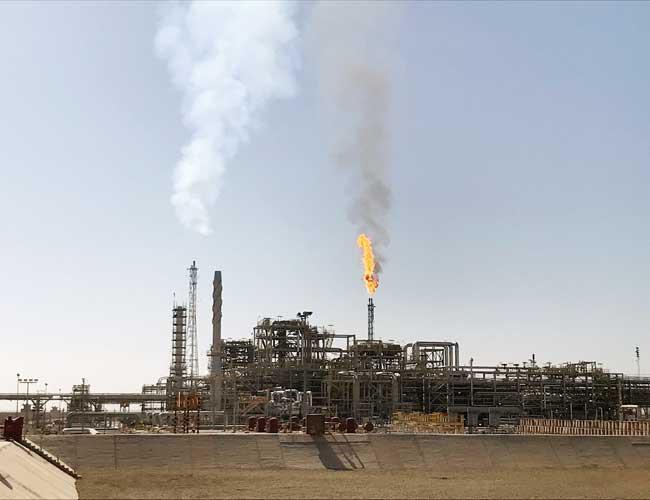
Crude oil exports by Iraq state-oil marketer SOMO ran at an average rate of 3.5 million barrels per day in January, an Iraqi oil official have said.
With two more days left in January as of Jan. 29, the average of the month could top December’s 3.535 million bpd record, SOMO’s acting director general Alaa al-Yasiri told reporters.
Total exports for the country should be higher as SOMO does not control oil sales from the northern semi-autonomous Kurdistan region, estimated at more than 200,000 bpd.
“SOMO’s recent export rate increase is not due to higher production, but to a drop in local consumption,” he said. It was not immediately clear why consumption had fallen.
Exports could increase further as Iraq plans to start exports next week from the northern Kirkuk oilfield to Iran, using tanker trucks, he said.
Trucking crude to Iran’s Kermanshah refinery will come under a swap agreement announced last month by the two countries to allow a resumption of oil exports from Kirkuk.
Iraq and Iran have agreed to swap up to 60,000 barrels per day of crude produced from Kirkuk for Iranian oil to be delivered to
southern Iraq.
Kirkuk crude sales have been halted since Iraqi forces took back control of the fields from the Kurdistan Regional Government (KRG) in October.
The autonomous KRG forces took control of Kirkuk in 2014, when the Iraqi army collapsed in the face of Islamic State of Iraq and the Levant (ISIL).
Iraq and Iran are also planning to build a pipeline to carry the oil from Kirkuk to avoid having to truck the crude, Luaibi said last month.
The planned pipeline could replace the existing export route from Kirkuk via Turkey and the Mediterranean.
With an output of 4.4 million bpd in December, Iraq is the second-largest producer of the Organization of Petroleum Exporting Countries (OPEC), after Saudi Arabia.
The country is producing below its maximum capacity of nearly 5 million bpd in implementation an agreement between OPEC and other exporters including Russia to curtail global supply in order to support oil prices.